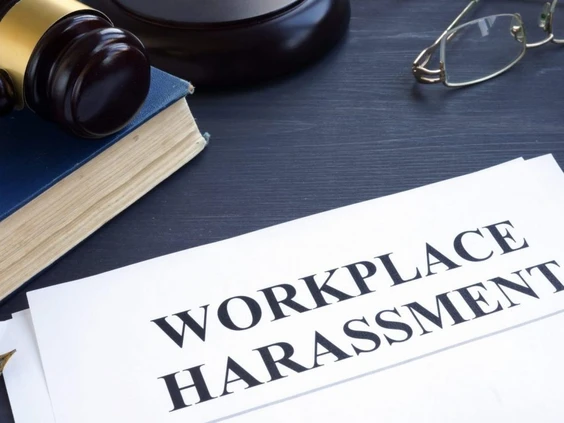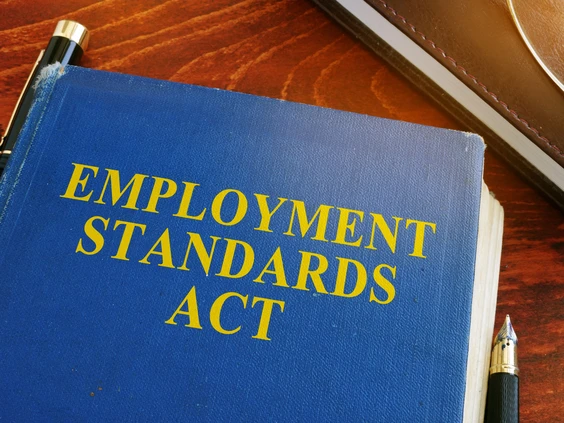Time theft has become a polarizing concept in employment law.
The basic premise of time theft is that engaging in personal pursuits while being paid to work is wrong and employers can terminate employees (for cause, in some cases) or seek reimbursement for lost time, if proven.
Striking the right balance between employee autonomy and employer expectations has roused significant debate across courts in Canada, including in the case of Reach CPA Inc., where Reach CPA was actually awarded damages against a former employee after a tribunal found she engaged in time theft.
Allegations of time theft fell flat, however, in the recent British Columbia case of Chu vs. China Southern Airlines. Paul Chu was employed mostly as a Marketing and Business Development Manager at China Southern Airlines (CSA) from 2008 to 2019.
Starting in March of 2018, the court found Chu was demoted a number of times — first to a customer service position and then to an airport services worker — and was also given a pay reduction of 25%. CSA terminated Chu in early 2019 alleging it had cause for immediate termination claiming incompetence and time theft. The termination letter contained no details of the alleged time theft.
Chu sued for wrongful dismissal damages, aggravated damages and punitive damages. Chu alleged that at the beginning of February 2018 CSA engaged in a sustained pattern of bad faith abusive conduct, including unfair discipline, insincere warnings, manufactured cause and public embarrassment. Notably, he also claimed the bad faith did not end with his termination but that it continued throughout the course of the litigation.
The court found that starting in 2018 when a new general manager was hired, CSA “secretly wanted and intended to terminate the plaintiff’s employment” and that it demoted Chu to entry-level, frontline services positions and “began to take steps to manufacture cause for his dismissal or encourage the plaintiff to resign.”
The court also found Chu was unfairly disciplined and threatened with termination on multiple occasions. The discipline Chu received, including public reprimands, was humiliating and embarrassing. Chu was compelled to sign letters of reprimand that he did not agree with.
The court also found Chu was an exceptionally vulnerable employee as he was 68 years old and he accepted humiliating demotions in a “desperate” effort to retain any job with the CSA.
During the course of the litigation, the court took great issue with CSA maintaining allegations it knew it could not support, including denying that Chu ever held the title of “Marketing and Business Development Manager” despite the fact there were many documents confirming he held that title.
The court found CSA had no cause for Chu’s dismissal and awarded Chu 20 months of wrongful dismissal damages despite having only 8 years of full-time service. In addition, as a result of the employer’s egregious misconduct, the court awarded the plaintiff $50,000 in aggravated damages for the mental distress he suffered and $100,000 in punitive damages.
While employers seek to do more to surveil employees since COVID, courts will weigh evidence of misconduct carefully and look to create ways to sanction employers for serious misconduct, especially when a vulnerable employee is involved.
Employers take heed.
Have a workplace issue? Maybe I can help! Email me at sunira@worklylaw.com and your question may be featured in a future column.
The content of this article is general information only and is not legal advice.




